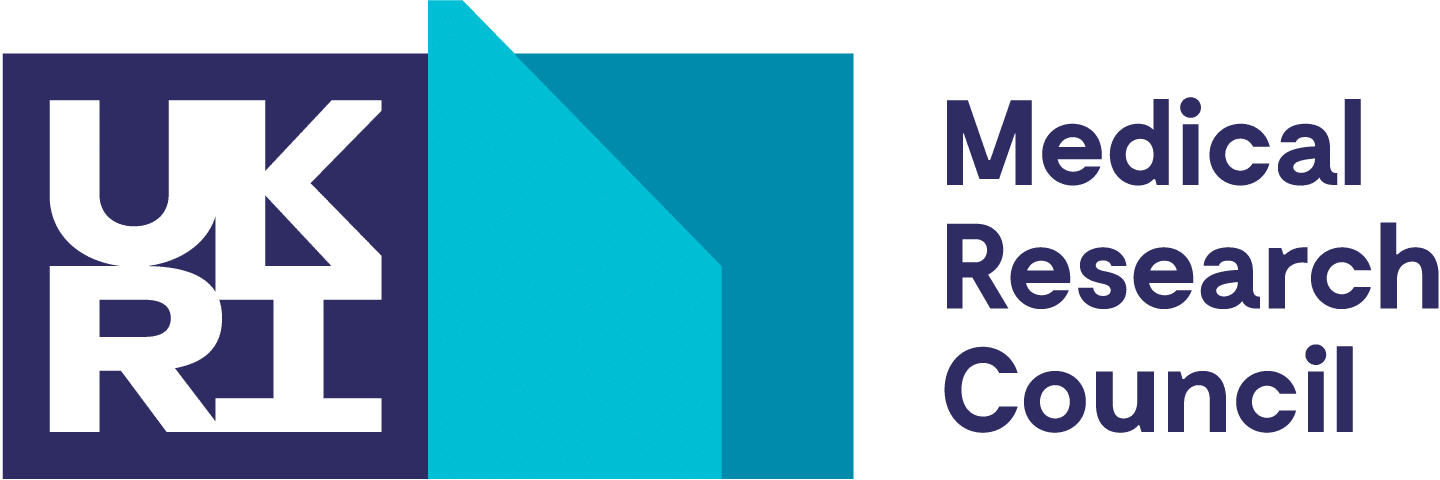Results from The International Stem Cell Initiative to compare several commonly used approaches to assess human pluripotent stem cells (PSC) have been published today in Nature Communications Volume 9, Article number: 1925 (2018) doi:10.1038/s41467-018-04011-3.
The paper provides an authoritative assessment from a worldwide consortium of several established alternative techniques for determining the developmental potential of human PSCs.
The authors found that each of the approaches provides evidence of pluripotency but each measures quite different endpoints, each with its own distinct limitations, and each providing different insights into the behaviour of the cells.
The teratoma assay has long been considered the gold standard but takes substantial time to complete and requires expert assessment so is less useful in routine screening. However, it is the only current method that can give insights into potential malignant transformation which could impact on the experimental and clinical use of the cells.
Hence, in evaluating a possible new stem cell line the test(s) employed should be dependent on the intended use of the cells.
Dr Rob Buckle, Chief Science Officer at the MRC, said: “The MRC has funded the important worldwide collaborative efforts of the International Stem Cell Initiative to establish a consensus on criteria and techniques for advancing research using human pluripotent stem cells. This new framework addresses how best to assess their developmental and malignant potential, which will improve global practice in stem cell research and promote more effective research and development of applications for human embryonic stem cells and induced pluripotent stem cells towards clinical medicine.”
For the access to the full article see the following link: https://www.nature.com/articles/s41467-018-04011-3







